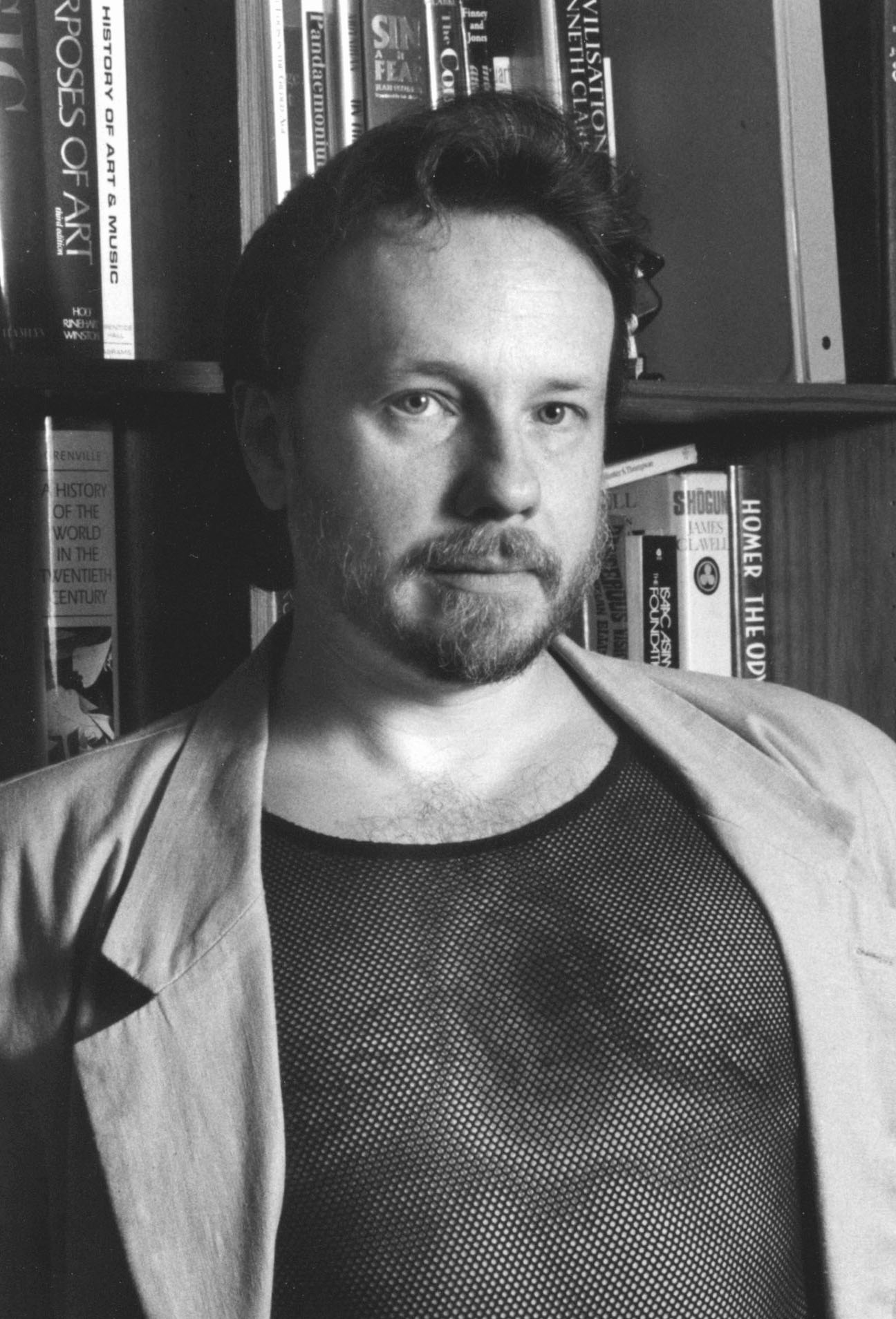The number of stars discovered having planets in orbit has grown over the years since we figured out how to find them. Mostly, though, the planets in question have been big Super Jovians, basically failed stars that, had they been a bit more massive, probably would have ignited and turn their primary into a binary or even trinary star system. Smaller planets— say, like Earth or Mars—are by definition harder to find.
But find one we have. Check this piece at Panda’s Thumb.
The possibilities inch toward probabilities that there is life—rich life, complex life—elsewhere, not just here. This is a really cool time to be a science fiction fan.
Or maybe not. Once the fantasy becomes fact, will it have the same kick? It’s a question prompted on a much smaller scale by SF stories that have dated badly. Technology or even basic science has passed them by and rendered them incorrect, obsolete in their premises. I’ve seen it suggested that such stories be treated as alternate history, which is a good way around some of the pitfalls. A lot of Arthur C. Clarke falls into this category. Most of the apocalytpic tales that had us living in ruins before the 21st Century. Putting a date on the events in a story can have a detrimental effect in terms of its viability in the future.
This doesn’t bother some people. I have a hard time with it and I admit it’s a personal thing with me. When I read a novel that was published in the 50s or 60s about events in the 90s and those events are, necessarily, wrong, my suspension of disbelief goes out the window. But mainly if the events of the story are sufficiently large scale—like the Soviet Union winning the Cold War or the advent of a nuclear holocaust or a moonbase or major shifts in geopolitics. If the story is personal and doesn’t require that kind of overall rearranging of the landscape, it works just fine. But then, is it science fiction?
Alternate history really would be a good way to view a lot of old SF. The exploration of strange new worlds we never found…
In the meantime, we have some real ones that have been found. How cool is that?


